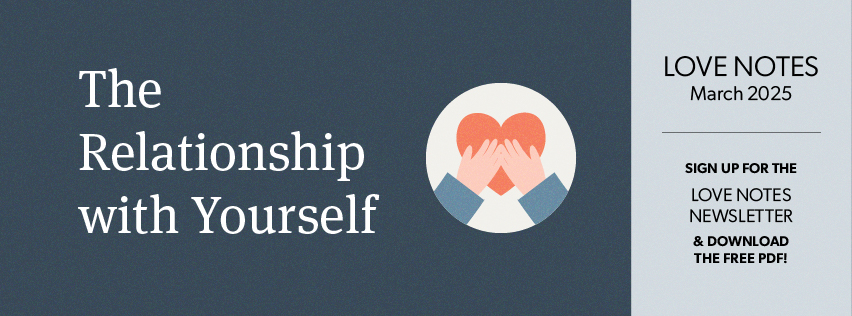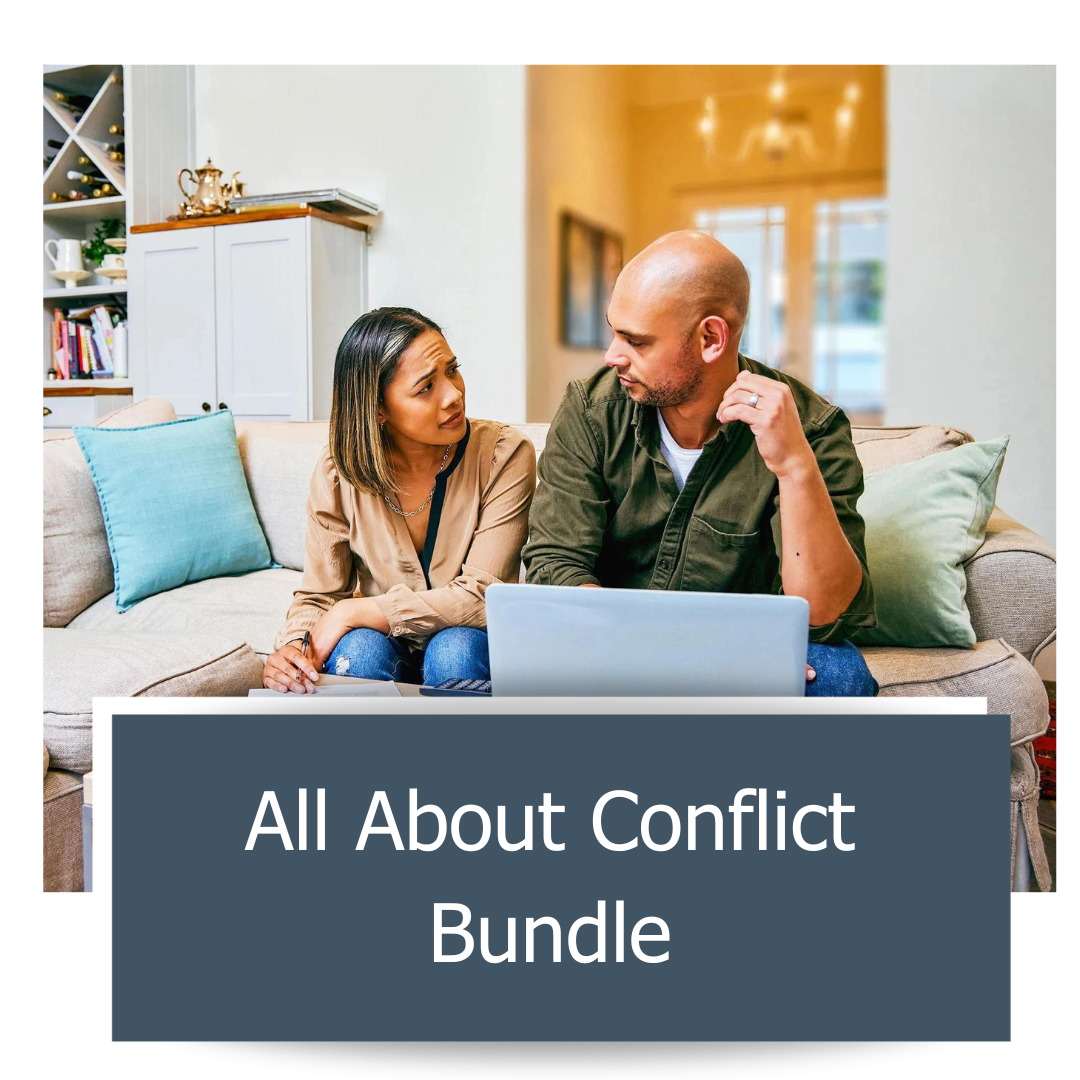He comes home from work exhausted again. After yet another frustrating meeting that could have been covered in an email, a tense conversation with a co-worker about the state of the break room refrigerator, and predictably awful traffic on the way home, he crashes onto the living room sofa. He lets out a deep breath and turns on his favorite show. All he wants to do is decompress in silence.
As if on cue, he hears the back door open. His wife is home — and somehow she’s more chipper than ever. As she enters the room and removes her coat, she takes a moment to pause at the front window, saying, “What beautiful weather — it’s just lovely today.”
What should he do next?
The answer may matter more than you think.
John Gottman has spent his career studying what makes relationships work. And what he has discovered is as practical as it is important. Through his research, he has been able to identify what qualities and practices make a couple masters of their relationship, as well as what can make a relationship turn into a disaster. He found a subtle but significant difference between the masters and disasters that strongly predicts the future of their relationships.
In the small, everyday moments of life together, relationship masters are much more responsive to their partner’s attempts to engage with them.
What is an emotional bid?
These attempts at engagement, or emotional bids, are any effort on the part of one partner to connect or get their partner’s attention. These bids can be as glaringly obvious as a direct request for cuddling at bedtime or as subtle as an indirect comment about the weather, addressed to no one in particular.
Gottman found that partners who consistently responded positively — or turned toward — each other’s emotional bids were significantly more likely to feel satisfied. They were more likely to stay together over time than those who did not. In fact, in a six-year study of newlyweds, Gottman discovered that couples who stayed together turned toward each other’s emotional bids 86% of the time. Those who went on to divorce turned toward each other’s bids only 33% of the time.
How can I respond to an emotional bid?
Over time, all of the seemingly insignificant moments of daily life in a relationship turn into something of immense importance. Gottman identified four different responses that people typically utilize when their partner sends an emotional bid in their direction. Each can either support or tear down a relationship’s sense of togetherness and security. When we receive an emotional bid, we can choose to:
1. Turn toward our partner
2. Turn enthusiastically toward our partner
3. Turn away from our partner
4. Turn against our partner
What does this look like?
In the introductory example, a husband worn out from his day receives an emotional bid from his wife when she comments about the weather. He has a choice.
- He can turn toward his wife with a short and simple “Yes, it is,” acknowledging her bid.
- He can turn enthusiastically toward her by engaging her in a longer conversation about the day.
- He can turn away from her by ignoring the comment
- Or he can turn against her by gruffly asking for some peace and quiet.
An enthusiastic response to an emotional bid is almost always appreciated, but often just a simple acknowledgement of your partner’s bid is enough to deepen your connection. You don’t have to deliver endless energy, attention, and focus to be a relationship master.
Little things make or break your relationship
By consistently turning toward your partner when they reach for you in small ways, you fortify your relationship against the stresses and obstacles of life. Essentially, an emotional bid is a small way that we daily ask our partners, “Are you here with me?” or, “Do I matter to you?” The answer to these questions becomes even more important if there has been previous infidelity or if either partner has a history of trauma. By receiving a metaphorical “Yes!” to these questions consistently throughout your relationship, you strengthen your trust and connection to each other.
Pay attention to the small ways in which your partner reaches for you and attempts to connect. Intentionally look for ways to turn toward your partner, and you will be better able to connect with them. Every time you turn toward your partner in response to an emotional bid, you invest in the health and security of your relationship. This sense of security, of feeling truly able to know and be known by your partner, created by intentionally and consistently turning toward your partner, deepens your shared sense of intimacy and is correlated with increased marital satisfaction.
As John Gottman reminds us in his work, it’s the small things done often that make the biggest difference in relationships. By turning toward your partner’s emotional bids, you safeguard your relationship against disrepair and deepen the love you share.
This article was originally published on Psychology Today and has been republished with permission from the author.
Sign Up and Start Your Relationship Transformation
Subscribe to Gottman Love Notes and get the latest on relationships, therapy, and much more from the experts. Receive a free couples exercise and access to special pricing on Gottman products every month.











